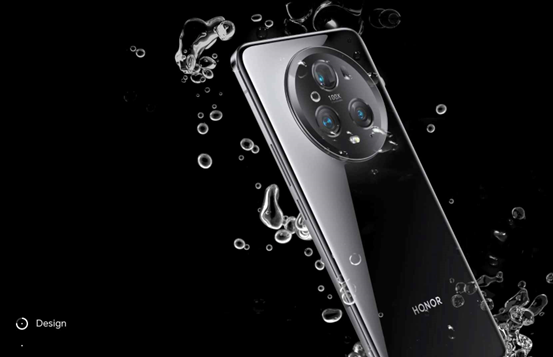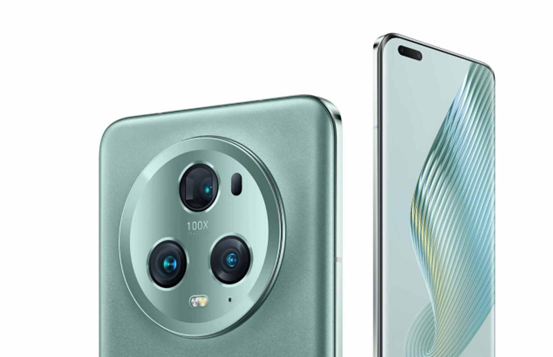Mobile phones have become ubiquitous in the modern workplace, providing
constant connectivity and blurring the boundaries between work and personal
life. While mobile phones offer numerous benefits for productivity and
communication, they also pose challenges to achieving a healthy work-life
balance. You can explore the impact of mobile phones on work-life balance,
examine the benefits and concerns associated with their use, and discuss
strategies for finding harmony in the digital age.
The Impact of Mobile Phones on Work-Life Balance
Mobile phones have revolutionized the way we work by enabling us to
stay connected, access information, and complete tasks regardless of our
physical location. However, this constant connectivity can make it difficult to
establish clear boundaries between work and personal life, leading to potential
negative impacts on work-life balance. Some of these impacts include:
Extended working hours: Mobile phones
allow us to be reachable at all times, blurring the line between work hours and
personal time. This can result in an "always-on" mentality, where
individuals feel obligated to respond to work-related messages or requests
outside of regular working hours.
Increased workload: With the ability to access
work emails, documents, and collaboration tools on mobile phones, there is a
tendency to bring work home or continue working during leisure time.
Difficulty disconnecting: The constant
presence of mobile phones makes it challenging to mentally disconnect from
work. Notifications, alerts, and the temptation to check work-related apps can
create a sense of anxiety and prevent individuals from fully engaging in
personal activities or being present with family and friends.
Negative impact on well-being: The inability to
disconnect from work can contribute to stress, burnout, and a decline in mental
and physical health. It can disrupt sleep patterns, reduce leisure time, and
strain personal relationships.

Strategies for Finding Work-Life Balance
While mobile phones such as the HONOR Magic 5Pro can pose challenges to
work-life balance, there are strategies individuals can employ to find harmony
in the digital age:
Establish boundaries: Set clear boundaries
between work and personal life by defining specific times when you will not
engage with work-related activities on your mobile phone. Communicate these
boundaries to colleagues and establish expectations regarding response times
outside of regular working hours.
Designate technology-free zones or times: Create designated
areas or times in your home where mobile phones are not allowed. This can be
during meals, family time, or before bedtime. Establishing technology-free
zones promotes presence, engagement, and meaningful connections with loved
ones.
Practice self-discipline: Develop
self-discipline when it comes to mobile phone usage. Limit the amount of time
spent on work-related activities outside of working hours and resist the urge
to constantly check emails or respond to messages. Prioritize personal time and
recharge to maintain overall well-being.
Manage notifications: Customize your
mobile phone's notification settings to minimize interruptions and
distractions. Disable non-essential notifications during personal time and
prioritize important calls or messages. Consider using "do not
disturb" mode during certain periods to limit distractions.
Set realistic expectations: Understand your
limitations and set realistic expectations for yourself. Learn to say no when
necessary and delegate tasks when appropriate. Recognize that achieving
work-life balance requires setting priorities and making choices that align
with your values and well-being.

Communication and negotiation: Openly
communicate with your colleagues, supervisors, and family members about your
desire for work-life balance. Negotiate flexible working arrangements or
discuss strategies to ensure a healthier integration of work and personal life.
Unplug and disconnect: Take regular
breaks from your mobile phone by intentionally disconnecting from work-related
activities. Engage in digital detoxes, such as weekends or vacations without
mobile phone use, to fully recharge and rejuvenate.
Conclusion
Mobile phones have transformed the way we work, but they have also
created challenges for achieving work-life balance. By implementing strategies
for setting boundaries, practicing self-discipline, and prioritizing personal
well-being, individuals can navigate the digital landscape and find harmony
between their work and personal lives. Organizations can also contribute to
work-life balance by establishing supportive policies, promoting a healthy work
culture, and providing resources that help employees strike a balance in the
digital age. With conscious efforts and a focus on well-being, individuals and
organizations can find harmony in the use of mobile phones while maintaining a
healthy work-life balance.
